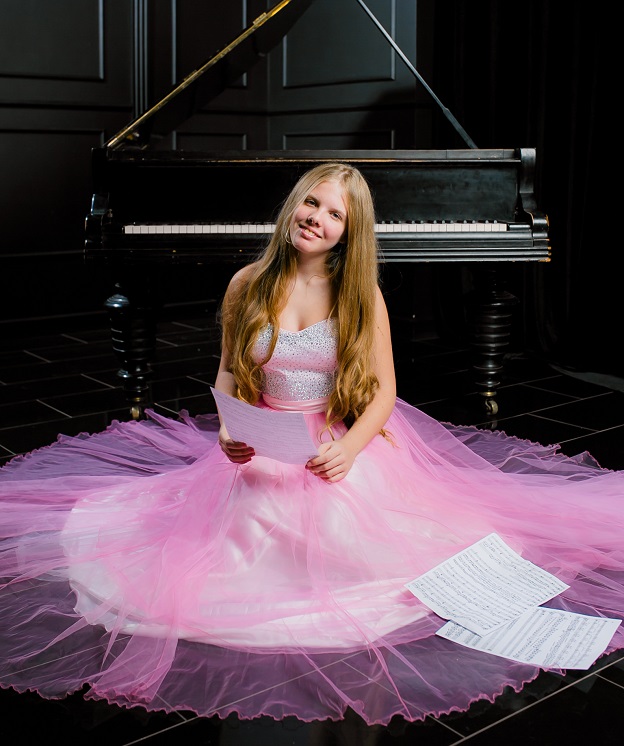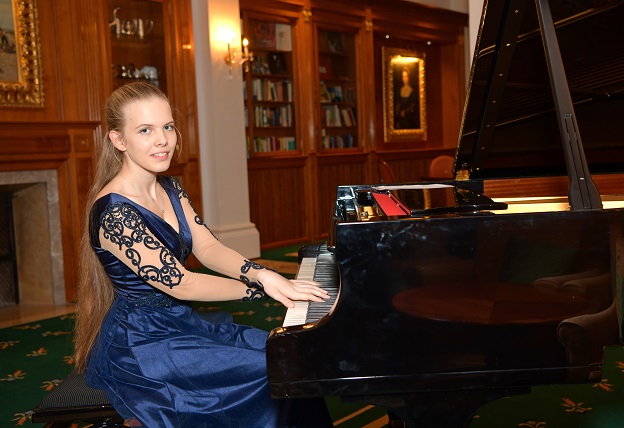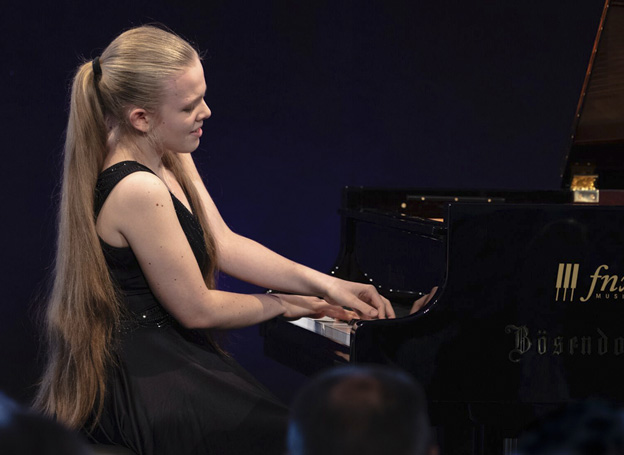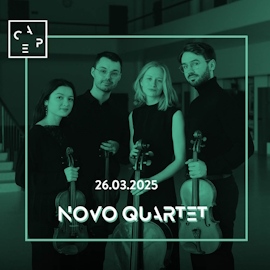What did you feel when you received the news about the the ICMA award?
Joy and happiness! To be able to perform with the Lucerne Symphony Orchestra is a great event for any musician. This award should definitely be the impulse for my further development. I feel a great responsibility while representing my country at the ICMA Gala in Lucerne. And, of course, it is a great honor to take part in such a significant ceremony in the world of classical music, alongside world-famous musicians.
This year you turn 15, and by now you have managed to get top prizes in 40 piano competitions. That means that you take part in competitions about four or five times a year. Isn’t that tough?
Contests are very important in the life of any musician, because it is an opportunity to show yourself in front of a large audience. Every competition is for me a new experience and the chance to get new engagements. After the competitions I am often invited to various festivals and concerts, which is important for me, and this is one of the main reasons why I continue my competition marathon.
I have also heard other opinions that competitions slow down the development and expansion of the repertoire.
This is absolutely not my case. I always change the program for competitions. The musical program must be constantly renewed, and the repertoire should be expanded and developed.
Last year a prize gave you the opportunity to play a recital in Ferrara. Was it interesting? What did you perform?
It was a wonderful experience – an amazing theater, a very beautiful hall and, a warm welcome from the audience. I performed Bach’s Toccata in G, Beethoven’s Sonata No. 10, Schumann’s Sonata No. 2, Liszt’s Sposalizio as well as his Spanish Rhapsody, and Chopin’s Polonaise op. 44, plus several encores.
Quite а standard set of classical works. Why did you not come up with some kind of a conceptual or thematic program?
Regarding the repertoire, I always ask advice from my wonderful teacher, Nataliya Trull, professor at Moscow’s Tchaikovsky Conservatory. I play, for example, quite a few non-standard and rarely performed pieces, from composers like Friedrich Gulda, Pierre Sancan, William Bolcom, Joaquin Rodrigo, or Ernesto Lecuona. As for the thematic programs, a couple of years ago, I played a complete Chopin recital, in another one I performed the whole cycle of Tchaikovsky’s The Seasons or all the Moments musicaux by Rachmaninov.
You always wear beautiful concert dresses – princess dresses I would say. Is the way you look on stage important to you?
You cannot go on stage without thinking how you look like. Of course, I pay more attention to the way I play, to the sound itself – outfits are definitely not the most important aspect.
 Do not be shy. Dresses can also inspire. At the same time, there is a modern style: Julianna Avdeeva for example performs in the tailcoat à la garçon …
Do not be shy. Dresses can also inspire. At the same time, there is a modern style: Julianna Avdeeva for example performs in the tailcoat à la garçon …
I performed several times in pants and a tailcoat. Comfortable, but with a gown I feel more feminine and sophisticated.
Do you have a tradition, or a rule how to concentrate before a concert?
I always remember that I play not for myself, but for the audience. It really motivates me. Sometimes you get distracted by the lines like “what a responsible performance”, “what an important hall”, “how scary”, and so on, and it is important not to think about these things, but how to share emotions with the public, to allow people positive afterthoughts.
Several times you have attended the music camp Sirius in Sochi. Could you share your impressions?
Sirius is a wonderful camp for gifted children from all over Russia, and I am happy that I was there three times, both as a pianist and as a composer. Thanks to Sirius I had аn opportunity to make many friends and work with high qualified teachers. The atmosphere in the educational center is very friendly; we were all like one big family. The food was very tasty as well.
You participated in the program Non-child Talk and even asked President Putin a question. Did you prepare it in advance?
The question, that I asked Vladimir Putin, had been bothering me for a long time, as well as all my friends who study in special music schools. I asked him about the examinations in the 9th grade, or rather, about the possibility for all musically gifted students to pass the exams in music subjects, such as theory, music literature, solfeggio, or harmony, instead of two exams of choice from general education subjects. The President said that he would think it over together with his colleagues, and I still hope that he will do us a favor. It would be a great relief for professional musicians, since we spend a lot of time studying these particular subjects.
You mentioned composition. Do you think that in the future the composer can push the pianist out of you?
I mainly compose chamber music and works for piano, experimenting with different styles. Now it is impossible for me to devote a lot of time to composition. I would like to compose more in the future, but I don’t think it will totally supplant the performance.
You have already visited many countries, do you have an experience of performing in some unusual places?
The most unusual place where I played was in Italy, in the city of Chieti, in a museum. Around the hall, you could see test tubes and jars with animals conserved in alcohol. It was a bit creepy.
What instrument do you have at home?
I have a Yamaha piano, it stands in the kitchen – the only place in the apartment where it cannot be heard by the neighbors.
Don’t they approve your profession?
I suppose I rehearse so much that they are tired of it…
You are still very young, do you sometimes want to have some leisure time? Do you have time for it?
I have wonderful friends at school, we walk and spend time together. When I am traveling, I get acquainted with different cities. I also like to learn other languages. I’m aware that a musician should develop comprehensively, read books, watch movies, to go through emotions that can be implemented in music. And I also love to grow plants: I have cactuses growing in my kitchen, they listen to my music, and they bloom even in winter! I love it! At first I bought them myself. And then, having learned about my hobby, people began to bring them at concerts.
























